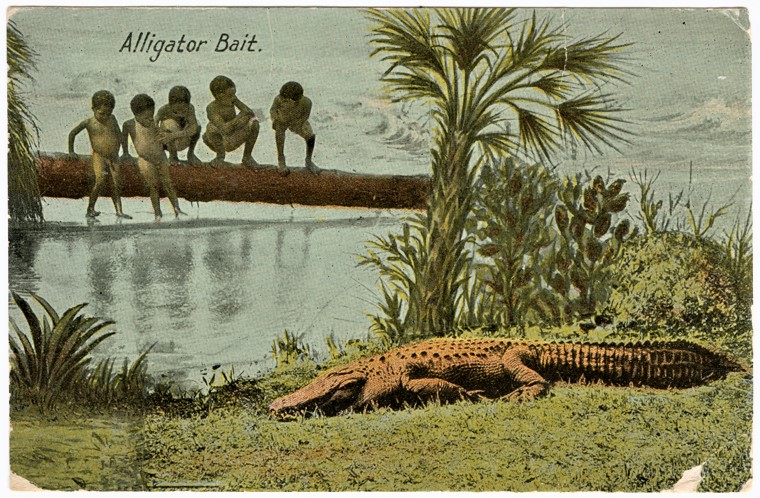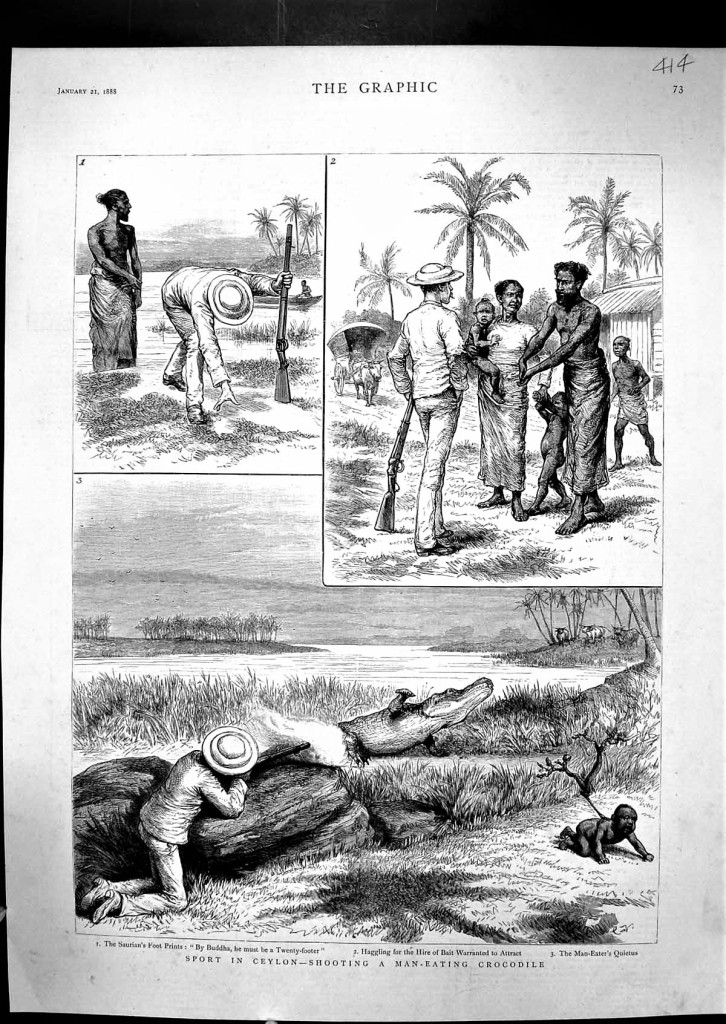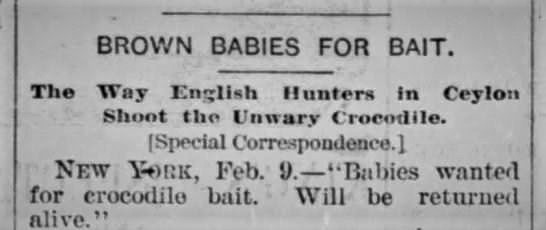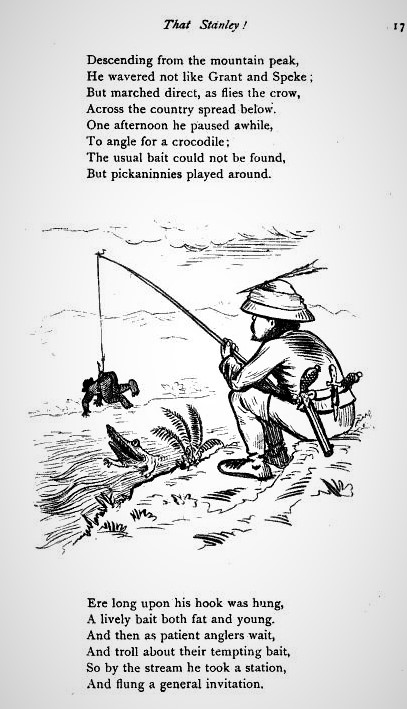May 12, 2022: When Karine Jean-Pierre was appointed as the first Black press secretary of the White House recently, people around the world hailed it as a major landmark in America’s racism-scarred history.
While we know that US history is written in the blood spilled by hundreds of thousands of African and African-American slaves, there are dark stories that are still hardly talked about.
It is in the context of the White House’s celebratory announcement that we bring you one such racism story that is gut-wrenching and unnerving.
Black slavery and the rampant abuse of African slaves were part of North American culture long before the US cut loose from British colonialists in 1776. That dark history goes all the way back to the early 1500s.
The particular slice of America’s slave history we are revisiting in this article covers the period from the late 1800s to the early 1900s.
Blood-curdling as it may read, there was a widely accepted and celebrated trend at that time in America of White people openly using Black babies as baits to lure alligators for hunting and recreation purposes.
Yes, you read it right.
Babies were taken away or forcefully hired from African and African-American slave families by reptile hunters, usually White men. After that, the armed hunters deployed the babies as baits for reptiles in swampy grasslands.


Some hunters used to tie the Black babies up in rope and teasingly dangle them in reptile-infested zones, while many others used to let the unsuspecting babies crawl or sit tight as baits on the edges of waterholes frequented by man-eating reptiles.
Tempted by the smell of fresh prey, killer gators came out in the open and walked into traps laid out by the hunters, who then shot down the hungry reptiles. The animals used to be hunted for their skin and for pure entertainment.
Dubbed in American popular culture at that time as ‘pickaninnies’ or ‘piccaninnies’, the babies who were used as gator baits were treated as expendable. In many cases, they were eaten up or killed by the alligators during the entrapment, while in some cases, the baby baits that survived the ordeal were handed back to their parents – who were given a fee for having rented out their babies to the hunters for the ritual.

What was equally atrocious as this American hunting tradition was its wide acceptability across the North American continent. There was no question of an outcry there over the ritual. Instead, it was well accepted by the White-dominated American press, the government, and educated circles.
Newspapers used to report on the practice as mere events, writing about it only from the perspective of the White hunters. The papers, mostly piloted by White people, never criticised the practice. It was the other way round. Newspapers used to run advertisements about offers for hunters to hire Black babies in order to use them as “alligator baits”.





The practice was cherished so much that postcards, posters, and memorabilia were created, sold and circulated. Postcards and posters ran illustrations and demonstrations of the baby bait set-up, showing petrified Black babies on the verge of getting attacked by alligators while White hunters looked on from a safe distance, ready to fire from their rifles.
The press used to cover the topic as if it were a town square fair. The Washington Times had published an article on June 3, 1908 under the headline “Bait Alligators with Pickaninnies”. In the piece, the reporter wrote: “Zoo Specimen Coaxed to Summer Quarters by Plump Little Africans.”
Take note of the kind of words used by the newspaper to describe Black kids taken away from their parents – “Plump Little Africans”.

According to the article, the zookeeper at the New York Zoological Gardens sent two Black children into an enclosure where about 25 reptiles lived. When the hungry animals started chasing after the kids, zoo officials were amused at the sight. The Black children were used as pawns to lure and draw the reptiles out in the open, so that they could be viewed by people during the summer.
Notice the language used in the article: “…two small colored children happened to drift through the reptile house… [the zookeeper] pressed them into service… [reptiles had an] epicurean fondness for the Black man.”
Years later, on September 21, 1923, the Oakland Tribune newspaper reported a similarly disturbing incident as if it were some routine news update. The Tribune reported the hire-for-bait episode like this: “Pickaninny bait lures voracious gator to death… and mother gets her baby back in perfect condition. And $2.”
In October 1919, something even more disturbing was recorded. The Richmond Times published a nasty joke about the babies-as-bait ritual, writing: “We understand the Florida authorities are going to prohibit the use of live pickaninnies as alligator bait. They say they’ve got to do something to check the rapid disappearance of the alligator through indigestion.” The so-called joke was titled: “Game Protection”.
Wait, the stories get worse.
In January 1922, a Minnesota-based newspaper called The New Ulm Review published a build-up article on the Brown County Fair. In the piece, the reporter wrote that a gator chasing a Black child is one of many other attractions during the fireworks. “…there will also be a big colored alligator pursuing a fleeing pickaninny, and many other beautiful designs,” the article says.




There are many more documented instances of the alligator bait tradition in White-dominated America, like this October 1902 article in The St. Louis Republic in which the reporter wrote that a float at a parade carried a display reading: “…monstrous alligator swallowing a fat pickaninny.”
In fact, to briefly move the spotlight away from the US, Western colonialists on the Indian subcontinent, too, introduced the ghastly practice of using indigenous babies as reptile baits. According to the little documentation that we have, such cases happened in erstwhile Ceylon, which is modern-day Sri Lanka.
On January 21, 1888, a London-based newspaper called The Graphic published a set of illustrations depicting three instances: (1) a hunter measuring the tracks of a reptile; (2) a man and an indigenous family engaging in a conversation over the latter’s baby; (3) a hunter firing his weapon at a gator that was chasing after a baby bait.

Between 1888 and 1890, a few newspapers in the United States reported about an advertisement that had originally appeared in Ceylon Catholic Messenger. The advertisement was titled: “Wanted fat babies for crocodile bait”. According to an unverified account by Mower County Transcript on July 23, 1890, Ceylonese parents used to allegedly “rent their babies out to be used as bait to lure crocodiles for a small consideration, and it is not difficult for an English crocodile hunter to secure the bait”.



Due to the unusual popularity of this inhuman tradition in mainstream circles in the US at that time, the term “alligator bait” had become a slur that was slapped on Africans and African-Americans. The US-based Ferris State University’s website claims, on a discussion page, that there are indeed several examples of this trend.
The highly respected New York Times, too, was in sync with the times. In 1917, it published a review article on toys, writing: “In view of the improved call for stuffed boy and girl Negro dolls, the ‘alligator bait’ is expected to have a big run.” That NYT article is titled: “Outlook for Toys”.



It’s true that Black people have endured centuries of humiliation and are now rising to the top, reaching the top courts, the topmost political offices, and stealing the thunder in the competitive world of culture, sport, entrepreneurship, cinema, music and many other fields.
But every time White America flashes its fangs at its Black population, remember that it’s not a one-off departure from norm. Dark histories, such as the one about alligator baits, remind us that the roots of racism in the US, the biggest empire of our times, are way too deep to be uprooted for good.

REPUBLISHING TERMS:
All rights to this content are reserved. If you want to republish this content in any form, in part or in full, please contact us at writetoempirediaries@gmail.com.









This is my first time pay a quick visit at here and i am really happy to read everthing at one place
Very well presented. Every quote was awesome and thanks for sharing the content. Keep sharing and keep motivating others.
I very delighted to find this internet site on bing, just what I was searching for as well saved to fav
I appreciate you sharing this blog post. Thanks Again. Cool.
You’re so awesome! I don’t believe I have read a single thing like that before. So great to find someone with some original thoughts on this topic. Really.. thank you for starting this up. This website is something that is needed on the internet, someone with a little originality!
You’re so awesome! I don’t believe I have read a single thing like that before. So great to find someone with some original thoughts on this topic. Really.. thank you for starting this up. This website is something that is needed on the internet, someone with a little originality!
I like the efforts you have put in this, regards for all the great content.
This is really interesting, You’re a very skilled blogger. I’ve joined your feed and look forward to seeking more of your magnificent post. Also, I’ve shared your site in my social networks!
Great information shared.. really enjoyed reading this post thank you author for sharing this post .. appreciated
Hi there to all, for the reason that I am genuinely keen of reading this website’s post to be updated on a regular basis. It carries pleasant stuff.
very informative articles or reviews at this time.
This is really interesting, You’re a very skilled blogger. I’ve joined your feed and look forward to seeking more of your magnificent post. Also, I’ve shared your site in my social networks!
Great information shared.. really enjoyed reading this post thank you author for sharing this post .. appreciated
This is really interesting, You’re a very skilled blogger. I’ve joined your feed and look forward to seeking more of your magnificent post. Also, I’ve shared your site in my social networks!
Good post! We will be linking to this particularly great post on our site. Keep up the great writing
with attitudes and history like this people wonder why there is so much hate in America
Thank you for writing in. These are, sadly, the realities that the popular press won’t tell the people of America today.